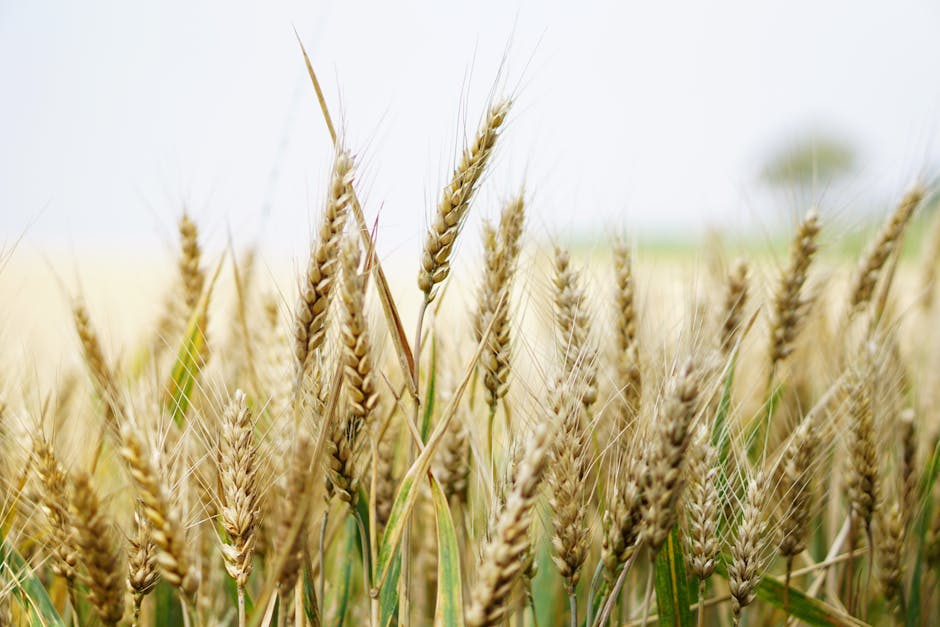The global quest for food security is a complex tapestry woven from interconnected threads of production, distribution, and consumption. Addressing this multifaceted challenge demands a holistic perspective, recognizing that no single entity possesses the complete solution. Instead, a shared responsibility rests upon a multitude of actors, from the individual farmer to international organizations. This article delves into the intricate web of responsibilities surrounding food security within the agricultural sector, highlighting the crucial role each stakeholder plays.
A fundamental principle underpinning successful food security strategies is the acknowledgement that agricultural production forms the bedrock of the issue. Farmers, the primary producers, bear a significant responsibility. Their choices whether to employ sustainable farming practices, adopt new technologies, or focus on diversified crops directly impact the quantity and quality of food available. Efficient and resilient farming techniques, coupled with access to essential resources like water, fertilizers, and seeds, are crucial for boosting agricultural yields and enhancing the resilience of agricultural systems.
However, the farmer’s journey isn’t isolated. Access to inputs like quality seeds, fertilizers, and irrigation systems are crucial, demanding involvement from various stakeholders. Governments play a critical role in ensuring accessibility and affordability of these inputs, possibly through subsidies, research and development, and supportive infrastructure. Furthermore, supportive policies concerning land tenure and access, along with favorable market conditions, empower farmers to invest in their farms and increase yields. These policies must be responsive to local conditions and prioritize smallholder farmers, as they form a large part of the global agricultural workforce.
Beyond the farm gate, the chain of responsibility extends to intermediaries processors, distributors, and retailers. Ensuring that food reaches consumers in a timely and safe manner is a responsibility shared by this group. Efficient storage, transportation, and processing techniques are essential to minimize food loss and spoilage. Additionally, establishing transparent and fair market systems contributes to greater equity in food distribution, combating inequalities that could limit access for vulnerable populations.
The role of consumers in promoting food security cannot be overlooked. Sustainable consumption patterns, including reduced food waste, can significantly contribute. By making informed choices about their food purchases, supporting local farmers, and reducing meat consumption where possible, consumers can exert influence on the entire system. Educating consumers about the importance of sustainable food choices and the environmental impact of certain agricultural practices fosters greater responsibility in their purchasing decisions.
A crucial facet of food security is the role of research and development. Continuous innovation in agricultural technologies, including genetically modified crops, precision agriculture, and water-efficient irrigation techniques, can bolster productivity and sustainability. Investing in research and disseminating this knowledge to farmers through educational programs are vital to enhance crop yields and manage agricultural challenges more effectively. These initiatives must be environmentally conscious, safeguarding biodiversity and natural resources.
Beyond national borders, international collaboration assumes increasing importance. Climate change is a significant threat to food production, and nations must collaborate on strategies to mitigate its impacts. Sharing best practices, supporting developing nations, and providing technical assistance for capacity building in agriculture are critical elements in global food security. Organizations like the Food and Agriculture Organization (FAO) of the United Nations play a leading role in coordinating these efforts, facilitating information exchange and technical support to enhance agricultural resilience worldwide.
Moreover, addressing food insecurity often necessitates a social safety net and targeted interventions for vulnerable populations. Food aid and social protection programs are indispensable, particularly during times of crisis. Ensuring access to affordable and nutritious food for all members of a community, including the marginalized and underprivileged, is an integral part of holistic food security strategies.
Financial factors are pivotal in supporting sustainable agricultural practices. Appropriate agricultural insurance schemes, and access to credit, empower farmers to invest in their farms. Addressing the financial burden associated with climate change and market fluctuations is essential for the overall success of agricultural initiatives and can further contribute to long-term food security.
Conclusively, ensuring food security is a collective responsibility, not a singular mission. From the individual farmer to international organizations, each stakeholder has a specific role to play in this complex and interconnected system. Implementing strategies that encompass sustainable farming, effective distribution networks, responsible consumer choices, and international cooperation is vital to building a future where everyone has access to sufficient, safe, and nutritious food. By acknowledging the multifaceted nature of this challenge, we can forge a path towards a more sustainable and food-secure world.












